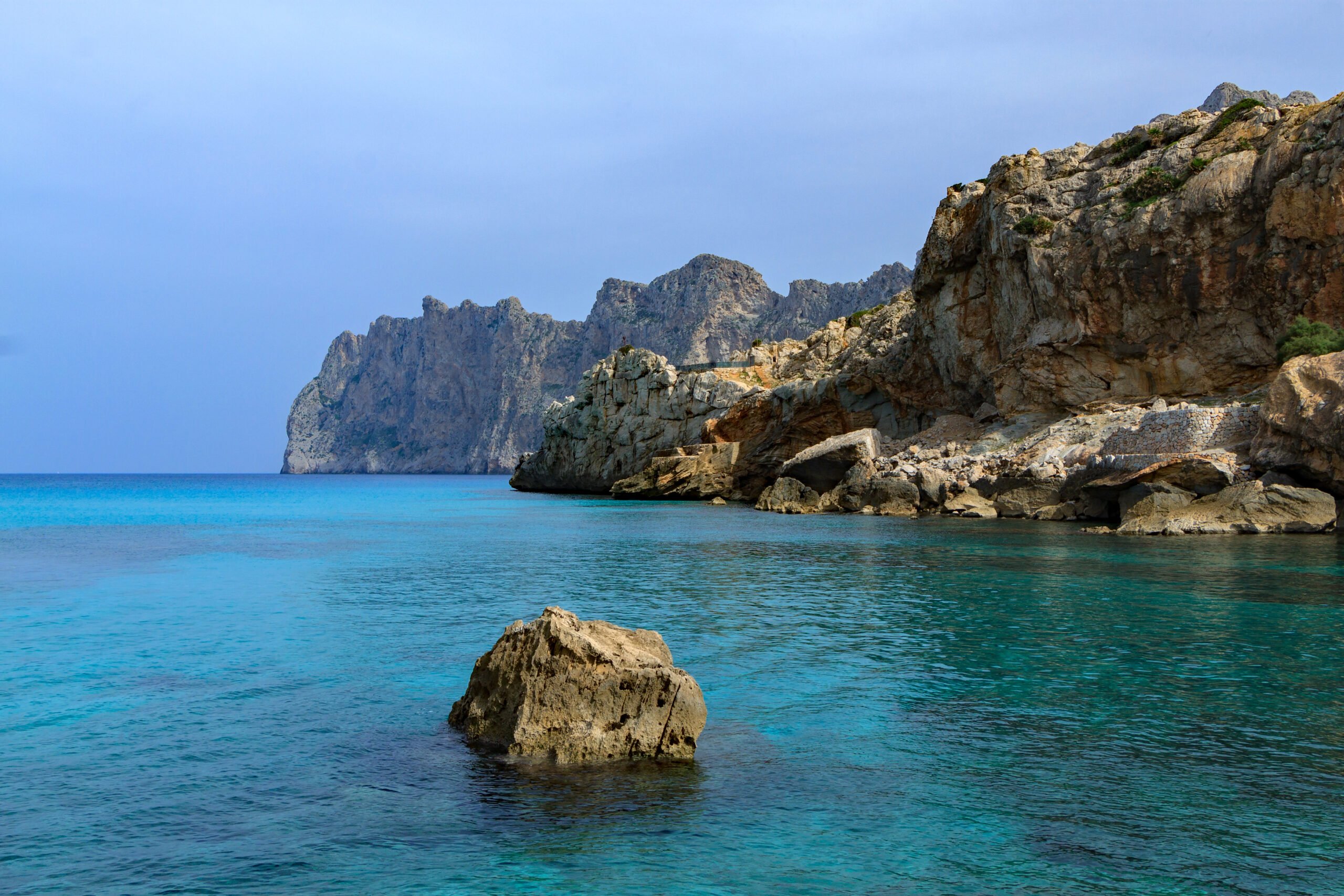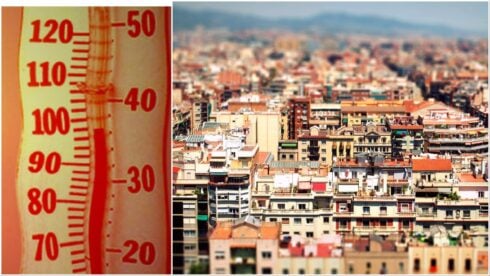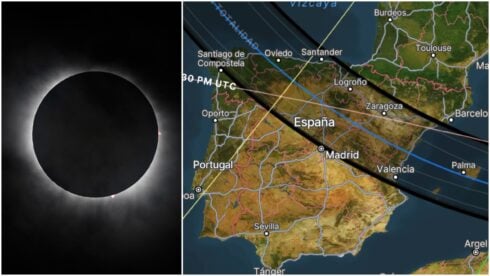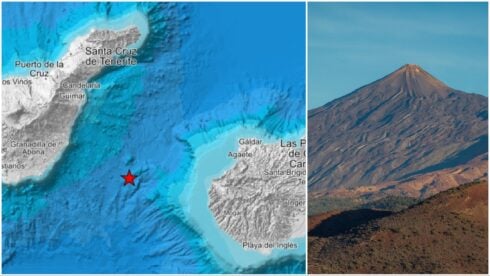THIS year’s ocean heatwaves in the Mediterranean Sea have been the hottest to date, sparking concern among scientists about the potentially devastating consequences on marine life.
Recent marine heatwaves, rises in ocean temperature above the average seen in that season and last for an extended period of time, have prompted scientists to warn about their long-term consequences.
Marine heatwaves are extended periods of unusually high ocean temperatures for a given season, prompting scientists to warn about the increasing frequency and potential long-term consequences of this natural phenomenon.
In late June and early July, the sea surface temperature off the coast of Majorca frequently exceeded 30C, which is more than seven degrees higher than the month’s typical temperatures.
Although warmer waters might be welcomed by tourists, they can also create hidden dangers, as higher temperatures mean harmful bacteria and algae can spread more easily.
Sea temperatures reaching over 30C are not unprecedented in the late summer, but it was highly unusual to see these temperatures as early as June.
Dr Oscar Esparza Alaminos, Coordinator of Marine Protected Areas at WWF España, said: “We have a lot of evidence that shows the driving temperatures and causing ecological changes here year by year.
“The first and most important impact is the rules of biodiversity, we have a lot of local species that are vital for the Mediterranean ecosystem.”
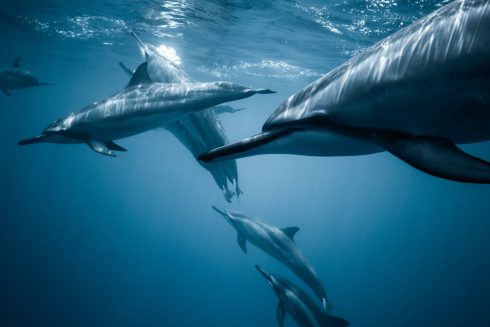
The Mediterranean is known as one of the world’s most vulnerable ‘climate change hotspot’ by scientists, warming faster than the global average, because it is surrounded by land rather than open ocean.
Marine heatwaves are becoming more intense and occurring more often due to climate change, and experts warn if no action is taken, the region’s waters could change beyond recognition.
The Alboran Sea, the westernmost part of the Mediterranean near the Costa del Sol, rising temperatures are making the waters more hospitable to tropical marine life, according to a recent study.
Tropical species such as grouper native to the Canary Islands, lionfish, and even whale sharks, typically found only in tropical waters, have been spotted in Southern Spain and Northern Morocco.
However, these warm temperatures have also brought more harmful jellyfish species and large swarms of an invasive tropical Asian seaweed, which is causing chaos along the Costa del Sol.
Dr Alaminos said: “Rising temperatures, the acidification of the waters, changes in species, and the invasion of bacteria also have repercussions in eco system services like fishing.”
“The loss of keystone species unbalances the ecosystem, and at the same time we are being exposed to a tropical species invasion.”
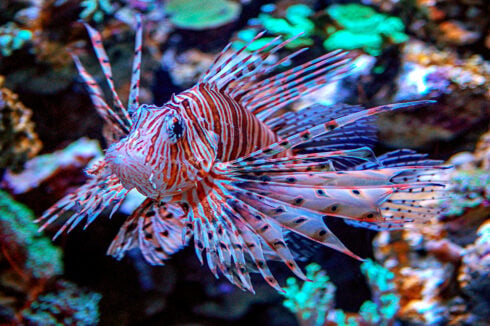
Over the last 40 years, the Mediterranean Sea has gradually warmed, increasing from just one marine heatwave a year covering one area to an average of four per year affecting nearly the entire sea.
About 90% of the excess heat from global warming is absorbed by oceans, while climate change reduces cooling wind conditions that help slow marine heatwaves, making them more common and intense.
This summer’s ocean heatwaves caused devastating damage to marine ecosystems worldwide. Western Australia experienced its worst coral bleaching on record, while northern Norway’s fishing industry suffered from a severe salmon lice outbreak.
Dr Alaminos warned: “We need a global response to face this problem, because climate change is not a local issue, we must implement safety measures in marine protected areas.”
Click here to read more Spain News from The Olive Press.

